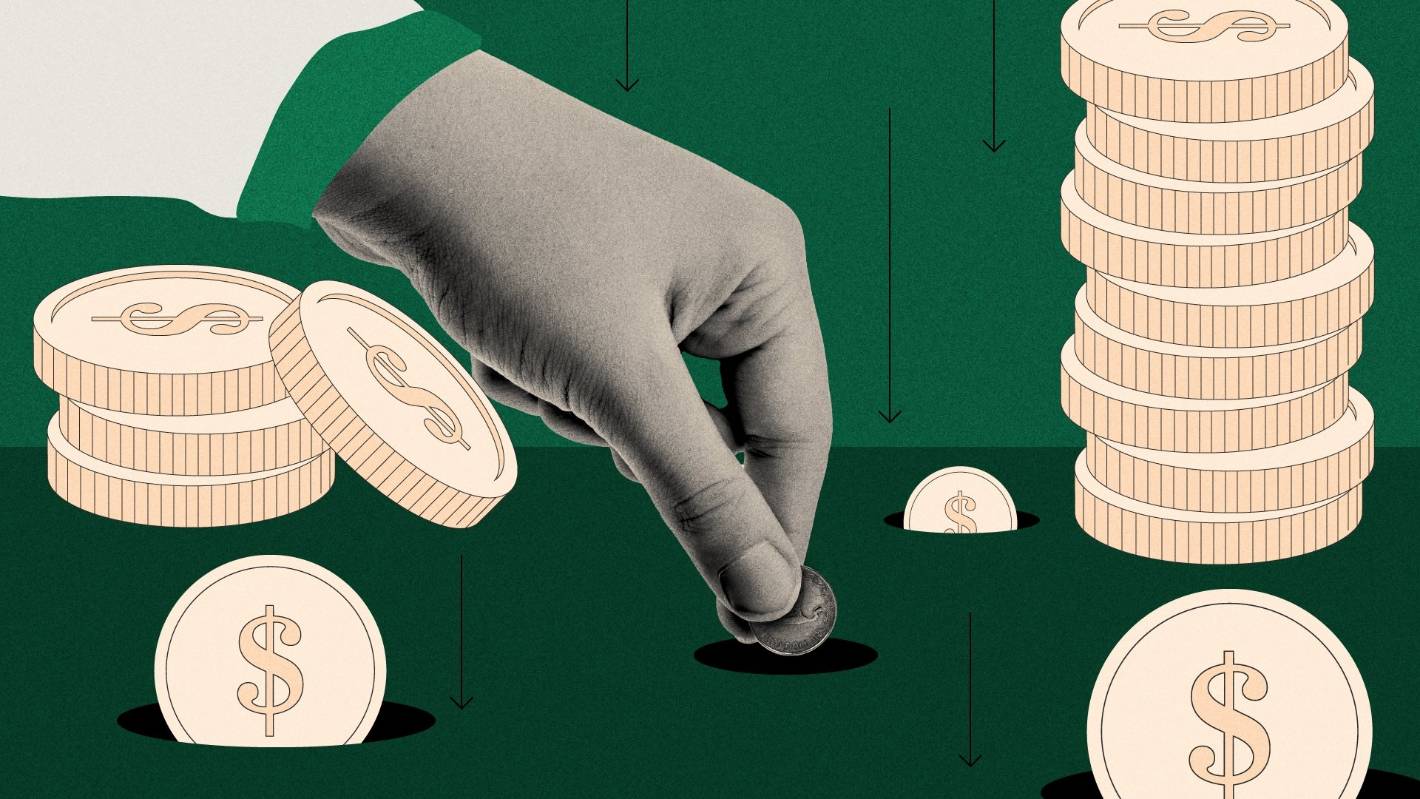No one likes to go into the new year with last year’s unpleasantness hanging around.
But there are ways to shake off short-term, consumer debt so that last year’s decisions don’t become 2024 headaches.
Here are a few tips to get you started.
Get a clear picture of the situation
The first thing to do is to work out exactly what you owe, and where, and what money you have available to you to pay off the debt.
It might help to make a list of all your debts and the interest rates on each so that you can determine what needs to be prioritised. It often makes sense to target the most expensive debts first, provided there are no penalties associated with paying them off more quickly.
Compare your debt repayments and other bills and commitments to what is coming in each month to work out what surplus you have that can be used to pay down debt.
If you haven’t got much of one, you might need to look at ways to create it, whether that’s through earning more – or selling something – or reducing your expenses for a period.
Stuff
There’s not a lot of point paying off debt if more pops up somewhere else.
Give yourself a buffer
It might seem counterintuitive when you’re focused on getting rid of debt, but it can be a good idea to focus first on saving before you think about targeting your loans.
Financial coach Shula Newland is a big proponent of setting up a savings account even if you owe significant money, because it then means you’re a bit protected. If you have something unexpected come up that you have to pay for, it won’t derail your debt-busting efforts or mean you have to take on more debt to get by.
David Boyle, former general manager of investor education at Sorted, agreed.
“Set up a direct debit and even just a small amount slipped away each week or fortnight can help when the car breaks down, or the washing machines breaks down and means you don’t have to use high-cost debt to help manage those peaks and troughs of unplanned life events. I guarantee it will also help you sleep at night as well.”
Don’t add to it
This might seem obvious, but it is sometimes harder to do than you might expect. While you’re focusing on getting rid of your debt, don’t take on anything extra.
Boyle said people should keep away from buy now, pay later loans.
“If you can’t afford it now postpone the purchase until you can. As these types of transactions add up the pressure of paying them back increases and then the nasty fees kick in if you miss a payment. The impact can be even greater if your employment changes or you have an unexpected health issue that takes you out of work for a period of time.”
He also urged against using credit cards except in a really careful way.
“Use your credit card to manage your cashflow only don’t use it for credit on items or sales that offer great discounts at the time. A 20% saving off an item you may want – but not necessarily need – can cost a lot more than the original price because the interest is calculated daily between 13% and 22%.”
If you use a balance transfer option to reduce credit card debt, don’t take it as an excuse to start spending on the newly cleared card.
Start paying it off
There’s no avoiding it – now you’ve got to start paying the debt back.
It might make sense to focus on the highest interest debts first, or the smallest ones if you’re the type of person who is motivated by a lot of little wins. Direct as much of the surplus that you identified earlier into debt repayments. It might help to track your debt reduction in a visible way to keep you motivated.
Boyle said people could consider consolidating debt with one provider.
If you do this, ensure that you are getting a better or equal interest rate and are not extending the term so far that you end up paying a lot more interest before the debt is cleared.
Ask for help if you’re really in trouble
Newland said she had dealt with a number of clients lately who had been given debts they could not afford.
If you’re in trouble, you could ask a financial mentor for advice – they can also help if you have been given a loan that you should not have.
It is also important to let lenders know early if you are in strife. They can help determine whether there is a way to structure the loan to make it more affordable, and avoid the penalties and fees that might be incurred if you fall behind on payments.
If you are in hardship, you are entitled to ask for things like an extension to a loan term or deferral of repayments for a period.
